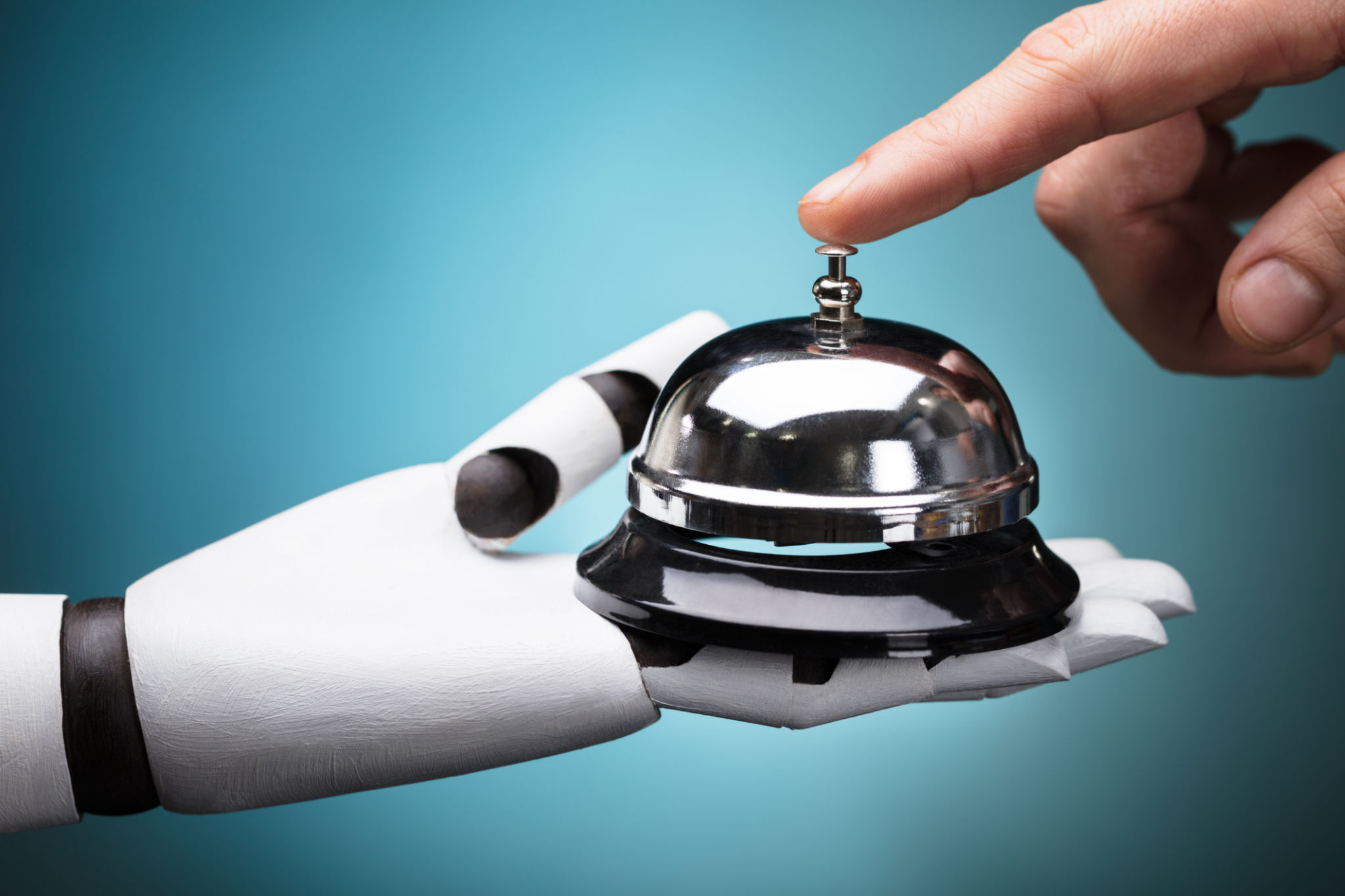AI in Hospitality: Dynamic Pricing and Enhanced Guest Experiences
Understanding AI in Hospitality
The hospitality industry is experiencing a significant transformation, thanks to the integration of Artificial Intelligence (AI). This technology is not only reshaping how businesses operate but also enhancing customer experiences in unprecedented ways. From dynamic pricing strategies to personalized guest services, AI is becoming an indispensable tool for hoteliers and service providers.

Dynamic Pricing for Maximum Profitability
One of the most impactful applications of AI in hospitality is dynamic pricing. By analyzing real-time data such as demand, local events, and competitor pricing, AI algorithms can adjust room rates instantly. This ensures that hotels maximize their revenue while offering competitive prices to guests. Dynamic pricing helps in balancing occupancy rates and profitability, allowing hotels to stay competitive in a volatile market.
For instance, during high-demand seasons or events, AI can increase prices to capitalize on the surge, while during off-peak times, it can lower prices to attract more guests. This flexibility ensures that hotels can optimize their revenue strategies without manual intervention, thus saving time and reducing human error.
Enhanced Guest Experiences Through Personalization
Beyond pricing, AI significantly contributes to creating personalized guest experiences. By leveraging data from previous stays and preferences, AI systems can tailor recommendations and services to individual guests. This could include personalized room settings, tailored activity suggestions, or even customized dining options.

Such personalization elevates the guest experience, making stays more memorable and encouraging repeat visits. Moreover, AI-powered chatbots and virtual assistants are available 24/7 to handle guest inquiries and requests, ensuring timely and efficient service without the need for additional staff.
The Role of AI in Operational Efficiency
AI also enhances operational efficiency within hospitality businesses. By automating routine tasks such as check-ins and check-outs or inventory management, hotels can reduce costs and free up staff to focus on more meaningful interactions with guests. Predictive maintenance powered by AI can also alert management to potential equipment failures before they occur, minimizing downtime and maintaining service quality.

Challenges and Considerations
Despite its benefits, the integration of AI in hospitality does come with challenges. Privacy concerns are paramount, as guests must trust that their data is being used responsibly. Furthermore, there is a learning curve associated with implementing AI systems, which requires training and adaptation by staff.
Hotels must balance the use of technology with the personal touch that defines the hospitality industry. Ensuring that AI complements rather than replaces human interaction is crucial for maintaining a warm and welcoming atmosphere.
The Future of AI in Hospitality
The future looks promising for AI in hospitality as advancements continue to unfold. As technology evolves, so too will its applications within the industry. We can expect even more sophisticated personalization, enhanced security measures, and innovative ways to engage with guests.
Ultimately, embracing AI not only improves operational efficiency but also enriches guest experiences. As more businesses adopt these technologies, staying informed and adaptable will be key to thriving in this dynamic landscape.
